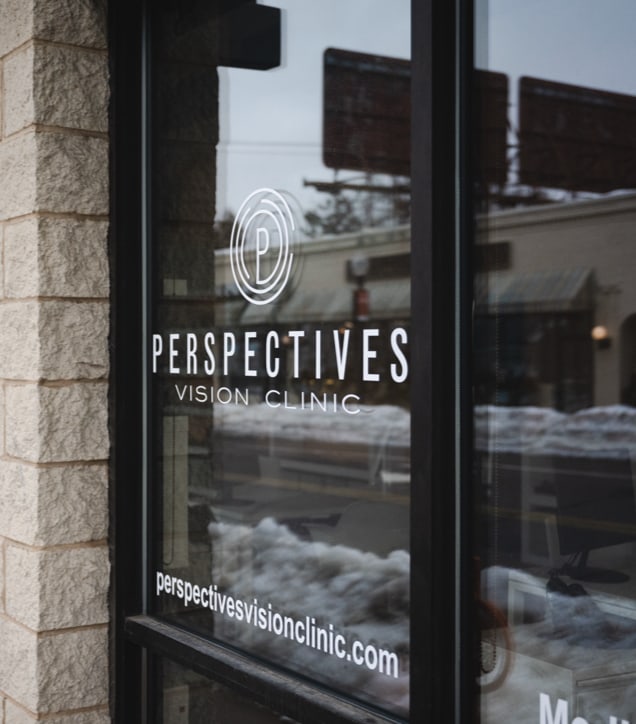If you suffer from dry eyes, you’re likely looking for relief. This condition can cause significant irritation, affecting your quality of life. However, your optometrist can help relieve your symptoms.
One way to treat dry eyes is by making dietary changes, such as increasing your omega-3 intake. Continue reading to learn more about dry eyes and omega-3s, including their benefits for dry eye disease.
What Is Dry Eye Disease?
Nearly 16 million Americans live with a condition known as dry eye disease. You experience dry eyes when your tears cannot effectively lubricate your eye’s surface, leading to irritation and inflammation. When one of the tear film’s layers (oil, aqueous fluid, and mucin) experiences complications, it affects your ability to keep your eyes clean and protected.
Dry eyes aren’t only annoying to deal with—they can damage your cornea. It can be easy to assume dry and irritated eyes are normal after a long day of work but don’t ignore consistent symptoms.
Dry Eye Symptoms
There are several signs you should visit your optometrist for dry eyes, especially if you experience them consistently.
Common symptoms of dry eyes include:
- Eyes that burn or sting
- Stringy mucus in or around the eyes
- Light sensitivity
- Eye redness
- Foreign object sensation
- Difficulty wearing contact lenses
- Watery eyes
- Blurry vision
- Eye fatigue
You should visit your optometrist for a comprehensive eye exam if you frequently experience these symptoms. They can help identify the root cause of your dry eyes and recommend an effective treatment plan. There may be several reasons you’re experiencing dry eyes.
Why Are Your Eyes Dry?
Several factors can impact your tear film, including age, medical conditions, and external factors. When you experience dry and irritated eyes, this typically occurs due to decreased tear production, increased tear evaporation, or both.
Decreased Tear Production
Decreased tear production happens when you cannot produce enough tears to keep your eyes lubricated. When you aren’t producing enough tears, it can lead to irritation and other dry eye symptoms.
A common culprit of reduced tear production is age, making this condition prevalent for older adults. Age isn’t the only cause of decreased tear production—other factors include:
- Medical conditions such as Sjogren’s syndrome
- Side effects from medications like antihistamines, decongestants, & antidepressants
- Desensitized corneal nerves
Increased Tear Evaporation
Increased tear evaporation occurs when your tears dry out too quickly. There are many possible causes for this condition, but issues with the oily layer of your tear film are prominent. The glands producing the oil protecting your tears from evaporating, your meibomian glands, can become compromised.
These glands can block or clog, causing your tears to evaporate faster because there is less oil than normal. This condition is called meibomian gland dysfunction.
Besides meibomian gland dysfunction, other factors can affect your tear evaporation. Other causes of dry eyes include:
- Infrequent blinking
- Wind, smoke, or dry air
- Vitamin A deficiency
- Eye allergies
- Eyelid problems (ectropion & entropion)
While there can be many causes of dry eyes, is it possible to find relief? Your optometrist can recommend an effective treatment plan, depending on your dry eye situation. One way to address dry eyes is with supplements like omega-3 fatty acids.
What Is Omega-3?
Omega-3 fatty acids are nutrients you receive from different foods or supplements. They function as an energy source for your body, helping keep your heart, lungs, blood vessels, and immune system working effectively. While you should ideally get your omega-3s from natural foods, supplements can help you get these nutrients if your diet lacks them.
You can get omega-3s from various foods, including:
- Anchovies
- Bluefish
- Herring
- Mackerel
- Marlin
- Orange roughy
- Salmon
- Sardines
- Sturgeon
- Lake trout
- Tuna
- Walnuts
- Flaxseed & flaxseed oil
- Canola oil
- Soybean oil
- Chia seeds
Omega-3 consumption can benefit your overall health, but many eye doctors recommend it for addressing dry eyes.

The Benefits of Omega-3 for Dry Eyes
When it comes to addressing dry eyes, there are many possible treatments. If your optometrist recommends dry eye supplements, you may need to eat more omega-3-rich foods or take capsules. The 2 main benefits omega-3s can have for dry eyes are relief of inflammation and increased oil production.
Soothing Inflammation
An omega-3-rich diet can help ease the burning or stinging feeling associated with dry eyes. They help soothe inflammation in your eyelids and on your eye’s surface, improving your quality of life.
A 12-week 2016 study found that omega-3 supplementation can significantly improve dry eye symptoms.
Stimulating Oil Production
Besides relieving irritation, omega-3s can help improve oil production for the tear film. Omega-3s may benefit the function of your meibomian glands, which produce the oil necessary for preventing tear evaporation. When these glands work more effectively, they help improve dry eye symptoms.
Is Omega-3 Right for You?
If you’re thinking about increasing your omega-3 consumption to help improve your dry eye symptoms, speak with your optometrist first. They can offer their recommendation and provide you with several treatment options based on your ocular needs.
The best thing you can do if you suffer from dry eyes is to receive a comprehensive eye exam. Your eye doctor can determine the cause of your dry eyes and help you find relief.
Contact your optometrist if you’re experiencing symptoms of dry eye disease.










